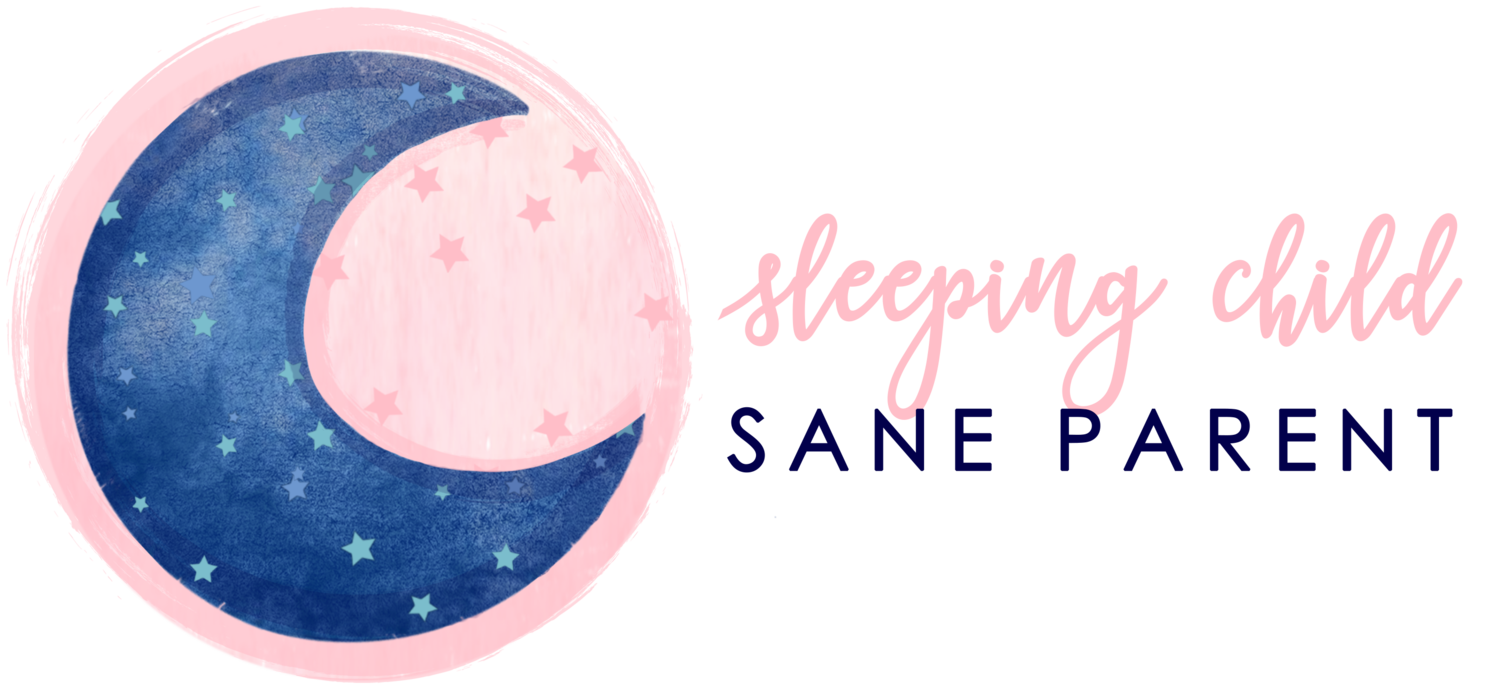What ages do you work with?
I offer one-on-one consultations for children 4 months - 5 years, and I offer Dream Keys (sleep guides) for children 0 - 5 years.
Will I have to let my baby cry during sleep training?
Simply put, you usually cannot sleep train without enduring some crying; crying is the only way that babies have to communicate many of their emotions. However, there are different sleep training techniques to choose from, and we can select one that is most suited to your preferences. My personal preference is extinction (straight CIO) because I believe you actually get the fastest results with the least overall crying; however, I will not pressure you to use this method if you are uncomfortable with it. Check out this blog post if you're concerned about crying during sleep training.
Can you help my baby sleep through the night?
Two nightfeeds are biologically appropriate until 6 months, and one nightfeed is biologically appropriate until 9 months, so if your baby is older than 9 months, we can definitely work on getting him or her to sleep through the night. It is possible for babies younger than 9 months to give up nightfeeds when they have an age-appropriate daytime schedule along with healthy sleeping habits. However, eliminating feeds altogether is not a priority for me when it comes to babies younger than 9 months.
How long does it take to see success?
Success with sleep training comes in bits at a time. As one issue starts to get solved, it will affect other issues which will in turn get solved. So you’ll usually see some level of success within about three days, while the overall success usually takes a full one to two weeks. But of course, every child is different, so I never know exactly how long it will take to see success.
Can you guarantee success?
The success of a plan is largely based on the consistency of the parents. Even with a perfect plan, there will be no changes in the child’s behavior unless parents follow the plan. Parents who consistently follow the plan and make appropriate adjustments (based on my guidance) will see major improvements in their children's sleeping habits.
What if the plan doesn’t work or there is a regression?
Both of these things can happen if there is a lack of consistency in plan implementation. The key to making a plan work or recovering from a regression is to go back to consistently following the plan. Additionally, if you select an advanced one-on-one consultation package, I’ll check in on you one month after our work together wraps up.
Why did you become a pediatric sleep consultant?
I know firsthand the insanity and overwhelm that parents experience when they have a non-sleeping child. For four months, I scoured the internet for answers to my own child’s sleeping problems, with no lasting changes. When I was out of options, I hired a sleep consultant, and she fixed the problem in just two weeks. My life was changed! I was a new human! And when I saw the way a sleep consultant impacted my life, I knew I wanted to do that for other parents. I became a certified sleep consultant so that I could help other parents get their sanity back. Click to read the whole story.
What is your training?
I obtained my sleep consultant certification from the Family Sleep Institute. This certification program is a 16-week online course, during which I attended more than 32 hours of class, read four books on child sleep, and obtained two additional certificates (“Reducing the Risk of SIDS” and “Basics of Lactation”). I was also required to do homework and case studies throughout the course to gain more insight and knowledge about the sleep training process. The final project for the course was to work with three different families to help them solve their sleep problems.
My continued training includes reading additional books and articles about child sleep, taking continuing sleep education courses each year, and of course working with families to improve sleep in their homes!



